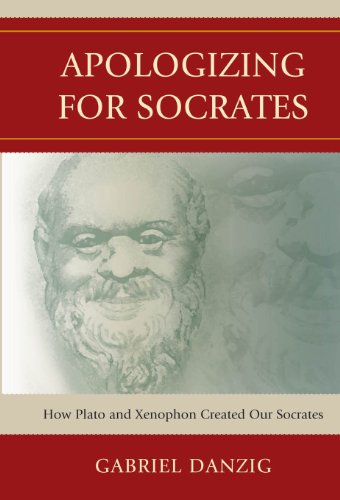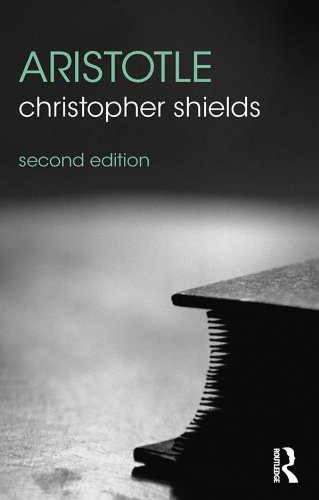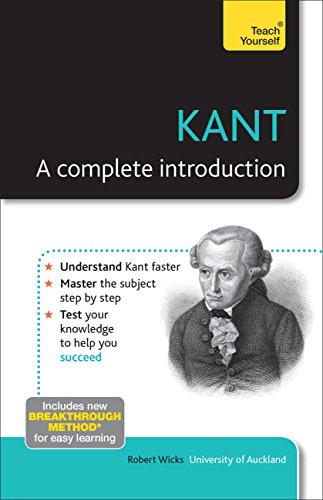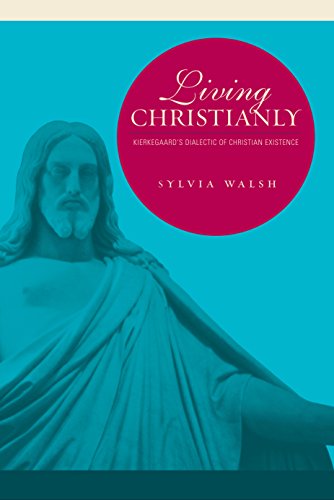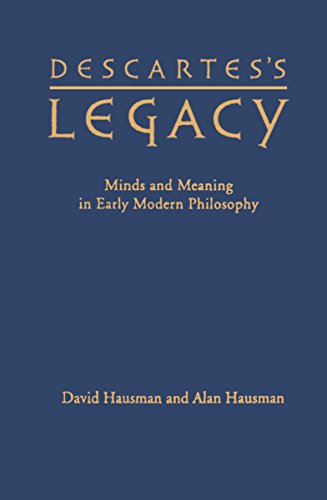
By David Hausman,Alan Hausman
Debates present within the philosophy of brain concerning the amassing and processing of data, and the character of belief and illustration, additionally lively essentially the most very important figures in early glossy philosophy, between them Descartes, Hume, and Berkeley. The authors of Descartes's Legacy: Minds and that means in Early glossy Philosophy use sure difficulties in modern details idea to explain the worries of the early smooth philosophers. This severe examine makes an attempt to discover what used to be known as the good judgment of the speculation of rules, and to discover the questions it used to be intended to unravel, given the boundaries of the ontological different types on hand.
The authors start their dialogue of Descartes by means of interpreting his reaction to proven versions of belief in mild of his realizing of the modern new technological know-how. on the grounds that Descartes proposed that any likeness among illustration and the object represented used to be unreliable, what was once his strategy to how an inner illustration, an idea, offers us info? The authors' crucial declare is that Descartes's resolution to the matter of ways the brain understands topic contains a conception of 'intentional ideas.' This provocative divergence from contemporary discussions of Descartes's philosophy of brain, that have revolved round even if he's a 'realist' or a 'representationalist,' leads the authors to contemplate the idealism of Hume and Berkeley in gentle of Descartes's thought of the intentional. Hume and Berkeley, they preserve, explored choices to Descartes's belief, which led them to desert conventional notions of that means and fact. Descartes's Legacy concludes by way of suggesting that Descartes's photograph will be reconciled with twentieth-century materialism, and asking no matter if the philosophy of brain can stay with out a primitive concept of the intentional.
By laying off gentle on Descartes's the most important ontological innovation and on Hume's and Berkeley's reactions to it, the authors of Descartes's Legacy have repositioned early glossy philosophy inside a very modern framework.
Read or Download Descartes's Legacy: Mind and Meaning in Early Modern Philosophy (Toronto Studies in Philosophy) PDF
Best philosophy criticism books
Apologizing for Socrates examines a few of Plato's and Xenophon's Socratic writings, in particular those who deal with famous controversiese about the lifestyles and loss of life of Socrates. Gabriel Danzig argues that the hassle to shield Socrates from quite a few modern fees is helping clarify the various critical philosophical arguments and literary positive factors that seem in those works.
Get Aristotle (The Routledge Philosophers) PDF
During this commonly revised new version of his first-class guidebook, Christopher Shields introduces the total of Aristotle’s philosophy, displaying how his strong perception of human nature formed a lot of his pondering at the nature of the soul and the brain, ethics, politics, and the humanities. starting with a short biography, Shields conscientiously explains the basic parts of Aristotle’s proposal: his explanatory framework, his philosophical technique, and his four-causal explanatory scheme.
Kant: A Complete Introduction: Teach Yourself (Teach by Robert Wicks PDF
Written by means of Robert Wicks, a recognized Kant professional who teaches on the collage of Auckland, Kant: an entire advent is designed to provide you every little thing you must be triumphant, multi function position. It covers the most important components that scholars are anticipated to be convinced in, outlining the fundamentals in transparent jargon-free English, after which supplying added-value positive aspects like summaries of key books, or even lists of questions you are requested on your seminar or examination.
Sylvia Walsh's Living Christianly: Kierkegaard's Dialectic of Christian PDF
The pseudonymous works Kierkegaard wrote through the interval 1843–46 were accountable for developing his acceptance as a huge philosophical philosopher, yet for Kierkegaard himself, they have been simply preparatory for what he observed because the basic activity of his authorship: to explain the that means of what it's to dwell as a Christian and therefore to teach his readers how they can turn into actually Christian.
- Questioning Nineteenth-Century Assumptions about Knowledge, II: Reductionism (SUNY Series, Fernand Braudel Center Studies in Historical Social Science)
- Rational Causation
- Politics, Metaphysics, and Death: Essays on Giorgio Agamben’s Homo Sacer
- Topography and Deep Structure in Plato: The Construction of Place in the Dialogues (SUNY series in Ancient Greek Philosophy)
Additional resources for Descartes's Legacy: Mind and Meaning in Early Modern Philosophy (Toronto Studies in Philosophy)
Sample text
Descartes's Legacy: Mind and Meaning in Early Modern Philosophy (Toronto Studies in Philosophy) by David Hausman,Alan Hausman
by Christopher
4.5
